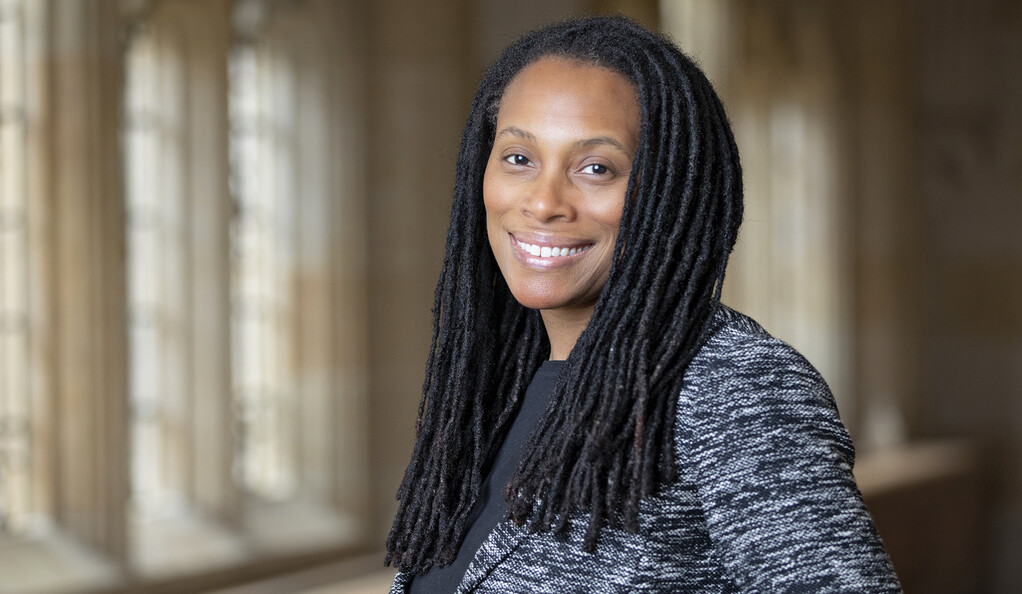WASHINGTON — Dr. Marcella Nunez-Smith of St. Thomas, U.S. Virgin Islands will co-chair of President-elect Biden’s COVID-19 advisory board.
Nunez-Smith will also lead a new White House task force dedicated to health equity.
Nunez-Smith, an associate professor of internal medicine, public health, and management at Yale, is one of the nation’s foremost experts on disparities in healthcare access. Since the earliest days of the COVID-19 pandemic, she has called attention to the unequal burden borne by communities of color.
In her new role, she will work to ensure that response, care, and treatment for COVID-19 is distributed equally.
“I’m proud to go to work with leaders who are deeply committed to science and to centering equity in our response to the pandemic,” Nunez-Smith said during an online event during which she and other key health-related nominees and appointees were introduced. “And not as a secondary concern, not as a box to check, but as a shared value, woven into all of the work that we do and prioritized by every member of the Biden-Harris team.”
Nunez-Smith also is associate dean for health equity research, director of the Center for Community Engagement and Health Equity, and the founding director of the Equity Research and Innovation Center (ERIC) at Yale School of Medicine.
“Dr. Nunez-Smith has been at the forefront of health equity research and we are delighted that she will bring her expertise to this task force,” said Dr. Nancy J. Brown, dean of the Yale School of Medicine. “Addressing health inequities and ensuring that we meet the needs of our most vulnerable populations is vital to an effective, coordinated response to the current pandemic.”
Since being named co-chair of Biden’s coronavirus advisory board in November, Nunez-Smith has talked publicly about the ways that economic pressures are impairing the ability of communities of color to take preventative measures, and how existing health disparities are exacerbating the pandemic’s unequal burden on Black and Hispanic people.
It is a point she underscored during the online event, where she was introduced by President-elect Biden.
On St. Thomas, where she grew up, “people too often died too young from preventable conditions,” she said. “My own father had his first stroke in his 40s and was left paralyzed. I learned there was a term for what we were: an underserved community, marginalized by place and by race.”
Later, as a physician treating patients, she observed the same inequities. “In my medical training I saw countless patients whose conditions were shaped by factors having nothing to do with science and everything to do with broader social inequity,” she said. “And now, the COVID 19 crisis has laid those inequities bare.”
Nunez-Smith is the right advocate for this moment, said Dr. Sten Vermund, dean of the Yale School of Public Health. “Dr. Nunez-Smith is highly qualified to lead the White House task force given her superb background in the social determinants of disease,” he said. “She is experienced in and committed to consultation with communities, an element that is critical to engage all U.S. residents in strong prevention and vaccine uptake.”
Preventing the spread of COVID-19 in communities of color is about more than increased testing, Nunez-Smith has said. It also means addressing financial challenges and social barriers, and partnering with local healthcare providers and community leaders to gain trust around vaccines.
“It is our societal obligation,” she said, “to ensure equitable access to testing, treatments, and vaccines, equitable support for those who are hurting, and equitable pathways to opportunity as we emerge from this crisis and rebuild, including for those most marginalized communities — the undocumented, the incarcerated, the homeless.”
She added: “I’m grateful for this chance to continue this work, to earn trust, and to find success through genuine partnerships with the people and communities who’ve been hit the hardest during and before the crisis. On this team, you will be heard, you will be counted, and you will be valued.”

